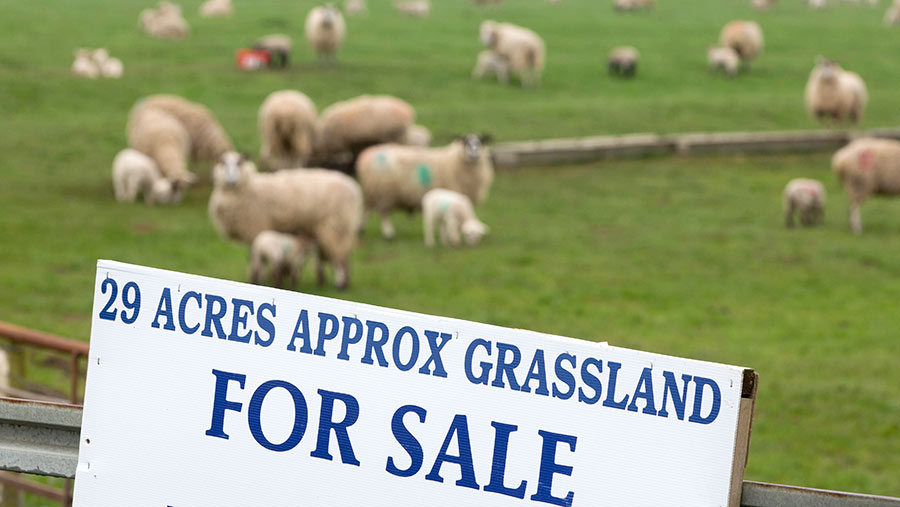Opinion: Succession is a process, not a one-off event
 © Tim Scrivener
© Tim Scrivener Recent NFU Mutual research suggests nearly 40% of UK farmers don’t think a succession plan is important or relevant to them. Oh dear!
I believe encouraging farm businesses to hand over the leadership baton sooner would be one of the fastest ways to improve UK farming’s lagging productivity, by injecting energy and a fresh approach.
After all, there is a good reason that the average age of a FTSE-100 company chief executive is 55, not 70.
See also: 8 steps for farm succession planning
Farmers in the UK confuse the phrase “succession planning” with “my dying wishes are”. Succession isn’t handing on the farm or the tenancy in the event of the farmer passing on.
It is a transition of roles, not a moment in time, and certainly not one that can only be decided by lawyers and accountants.
It’s a fear of losing control, identity or lawyer fees that hold people back from succession planning
Many of the most entrepreneurial farming businesses I have come across in the UK have achieved success because the decision-maker has “succeeded” at a young age – sometimes by design, sometimes as new entrants and, alas, sometimes by tragedy. What they have in common is a freedom to take decisions and make mistakes.
I have the privilege of helping to organise the Sentry Farming Conference. At our conference next February, succession takes centre stage. It is an issue over which British farmers have the most control for the greatest progressive impact.
For the past six months, I have been trying to unpick why it proves such a stumbling block for many businesses, but more so in farming than any other sector. My research led me to the Institute of Family Business. Succession is its forte.
Elizabeth Bagger, the CEO, sums it up as a “process, not an event”, and “finding a balance of the individual’s and the business’s needs”. It is good to learn from people outside of the bubble of farming. They bring a balance.
On the face of it, the reasons are obvious. Many farms are multi-family and multi-generational. Traditional in their structure and thinking, most lack clear exits for the senior management.
Farming is shackled by the statement, “but our farm is different”. More often than not, it isn’t. It’s a fear of losing control, identity or lawyer fees that hold people back from succession planning.
Perhaps it is because, as farmers, we think in seasons, where there is a distinct start and finish.
Once the baton is handed over, it signals the end of the road for the senior party. It does not need to be.
I know from my own experience as a headstrong 30-year-old. I was so quick to grasp the reins tight and stamp my mark on the business, I never stopped to ask my father about his changing role. Was he happy with it? I assumed, but never asked.
If succession were recognised as a continual process, there may be less resistance. As farmers, we are always trying to improve performance, introducing new varieties and breeding stock.
So why are we averse to allowing young, innovative people the freedom to thrive and lead?
We should accept that succession isn’t planning a farewell party. It is a handing over of the baton to the fastest runner.
That doesn’t mean to say that those who have handed it on can’t continue to play an active part. Making sure the baton holder has the best support and strategy will give the team the best chance of winning.
